The Brain Isn’t as Adaptable as Some Neuroscientists Claim. The idea of treating neurological disorders by marshaling vast unused neural reserves is more wishful thinking than reality.
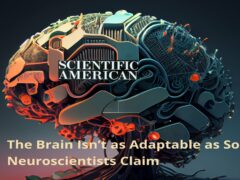

The Brain Isn’t as Adaptable as Some Neuroscientists Claim. The idea of treating neurological disorders by marshaling vast unused neural reserves is more wishful thinking than reality.
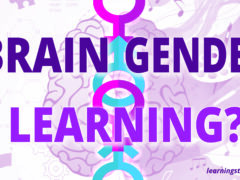
Learning genderizes our gender. Learning doesn’t determine gender – learning determines genderization.
Self-Reflection? The term “self-reflection” does not refer to our appearance in a mirror. It refers to focusing our attention inwardly, into ourselves. It’s about learning into who we are, how we are, and how we became and are continuing to become ourselves. In other words, self-reflection is a kind of learning in which we are […]
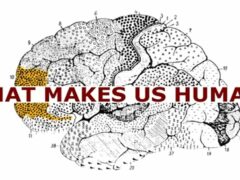
I share this article from “Neuroscience News” because it’s a good summary of interesting neuroscience, and because, like my prior post: “Sound In the Womb Provides Sound Learning Benefits“, it’s another example of how even neuroscience obscures the role of learning in our lives. First a bit of history. In early 2014, I encountered a […]
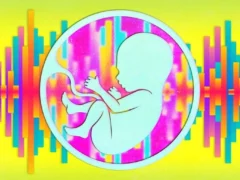
This fascinating post outlines the temporal dynamics and training wheels’-like benefit-effects of initially learning the gross and fuzzies before learning to differentiate the more extensive, intense, subtle, and nuanced. However, I share this because it is yet another example of how our common language obfuscates the role of learning in our lives. “Early Sound Exposure […]
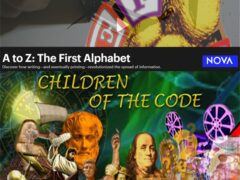
RECOMMENDATION: Watch it: PBS Nova: At to Z: The First Alphabet (released 9/23/20) This beautifully well done @PBS @Nova documentary, A to Z: The First Alphabet, outlines how writing developed from pictographs to rebuses to hieroglyphs to the alphabet. It parallels and improves on aspects of our video the “Alphabet’s Big Bang” (the second segment […]
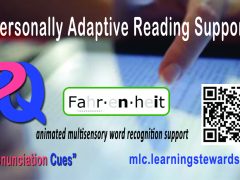
Learning Stewards is delighted to announce our new partnership with the Story Preservation Initiative. The Story Preservation Initiative (SPI) records the personal narratives of high achievers in the arts, sciences, and humanities. (Think artists, astronauts, scientists, engineers, environmentalists … and more). They couple their audio recordings and transcripts with project-based lesson plans for use in […]
When a child is shame-averse to expressing what they are reading, they are, necessarily, less able to learn to read.
This is an important step towards better understanding the underlying processing issues involved in ‘reading improficiency’ (affecting 6 in 10) as well as ‘dyslexia’ (affecting 1 in 10)
I experienced… the unhealthy shame that exists in our culture of medicine — where I felt alone, isolated, not feeling the healthy kind of shame that you feel, because you can’t talk about it with your colleagues.
